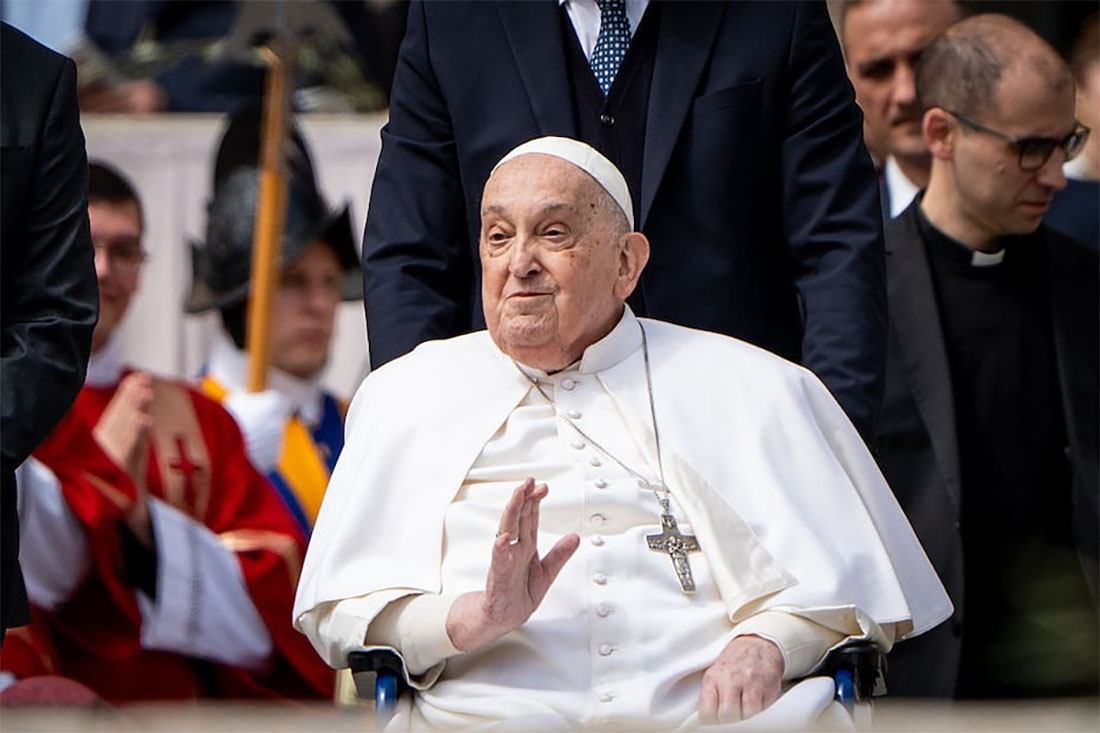
Photo Credit: Getty Images
Pope Francis, the first Latin American and Jesuit pope, died on Easter Monday, April 21, 2025, at the age of 88, after battling respiratory illness for over a month. He passed away at 7:35 a.m. in his Vatican residence, Casa Santa Marta.
Cardinal Kevin Farrell, Camerlengo of the Apostolic Chamber, announced the Pope's death from the chapel of Domus Santa Marta. "Dearest brothers and sisters, with deep sorrow I must announce the death of our Holy Father Francis. At 7:35 this morning, the Bishop of Rome, Francis, returned to the house of the Father," he said. "With immense gratitude for his example as a true disciple of the Lord Jesus, we commend the soul of Pope Francis to the infinite merciful love of the One and Triune God."
Pope Francis, born Jorge Mario Bergoglio in 1936, had a history of respiratory issues stemming from a lung infection in his youth, which led to the removal of part of one lung. In recent years, his health declined due to chronic bronchitis and knee problems that affected his mobility. He often used a wheelchair and had declined surgery in favor of physiotherapy.
The Pope was hospitalized at Rome's Gemelli Hospital on February 14, 2025, for bronchitis, which developed into bilateral pneumonia. His condition worsened, requiring intensive treatment including bronchoscopies and non-invasive ventilation. After 38 days, he was discharged on March 23 and returned to the Vatican, where he continued his recovery.
Despite his frailty, Pope Francis appeared in public on Easter Sunday, blessing crowds at St. Peter's Square and making a surprise ride in the popemobile. This was his final public appearance.
Archbishop Diego Ravelli, Master of Apostolic Ceremonies, confirmed that the Pope had requested simplified funeral rites focused on faith. "The renewed rite seeks to emphasise even more that the funeral of the Roman Pontiff is that of a pastor and disciple of Christ and not of a powerful person of this world," he explained.
Throughout his papacy since 2013, Francis advocated for social justice, climate action, and Church reforms. His tenure saw historic moments, such as his comments on LGBTQ+ inclusion — "Who am I to judge?" — and opposition to the death penalty, which he deemed "inadmissible in all circumstances." He also stated, "Being homosexual is not a crime," in a 2023 interview.
His legacy will be remembered for humility, outreach to the marginalized, and navigating the Church through the COVID-19 pandemic, saying, "We have realized that we are on the same boat, all of us fragile and disoriented."
















